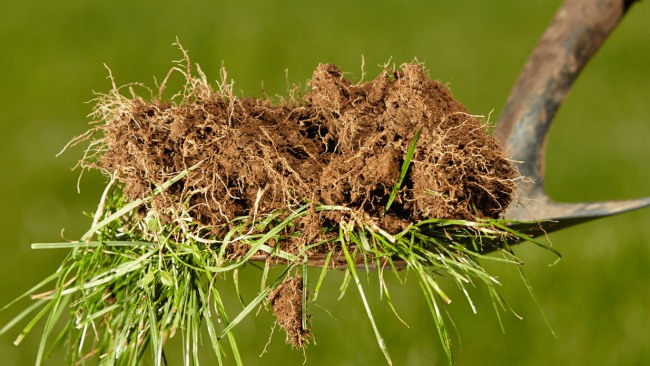Organic Farming Soil Testing
Like routine farm systems, organically farmed soils are tested to measure the soil quality & nutrient levels and can also be tested for contaminants.
Organic Farmers must check to see that their land and, in some cases, the food they produce do not exceed the guideline levels set by the certifying organisation. The test results also provide ongoing feedback that their practices are effective. Soil nutrient and organic matter testing is a requirement for approved organic farming and growing systems. Organic producers aim to maintain soil nutrient status, maintain or improve soil physical quality and manage the soil environment to achieve efficient utilization of soil nutrients.
At Hill Labs we offer a range of accredited tests depending on our clients requirements. One of the primary factors that an organic farmer must consider is the land use history. For example if the land was previously used intensively for horticulture, a multi-residue test is generally required due to the wide range of chemicals that potentially could have been used. For land used for pastoral farming, a DDT test is required due to the widespread use some 40 to 50 years ago of the persistent DDT insecticide. Laboratory testing is only a part of obtaining organic certification, which ensures New Zealand can provide adequate assurances to the buyers that they are receiving genuine organic produce. A useful set of tests for assessing soil health would be the Basic Soil profile, Sulphur profile, Anion Storage Capacity, Organic Soil Profile and Hot Water Extractable Carbon tests. A Soil Health package including all of these tests has been created to make this easy to select. Testing for heavy metal contaminants such as total cadmium and total copper may be important in some instances. Soil tests measure only a fraction of the total pool of nutrients available to plants (immediate and medium term) so it is important that standard New Zealand methods of sampling and soil analysis are used so the results are meaningful and can be related to plant growth under New Zealand conditions.





